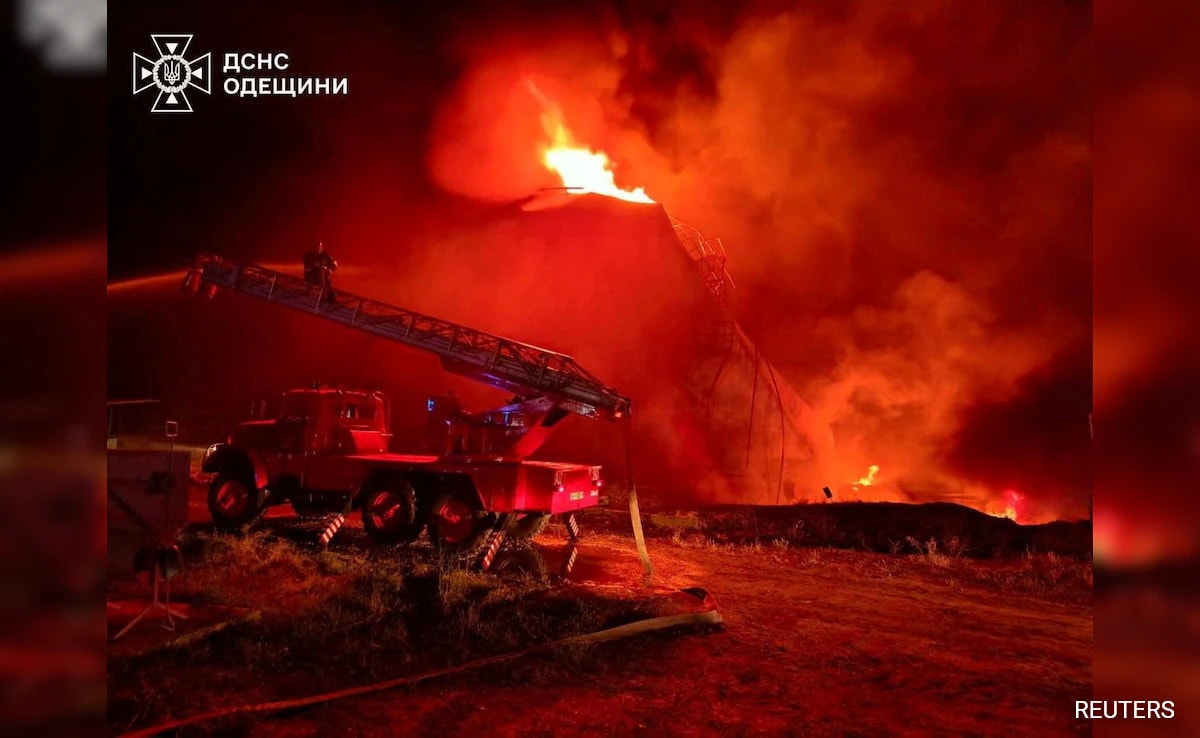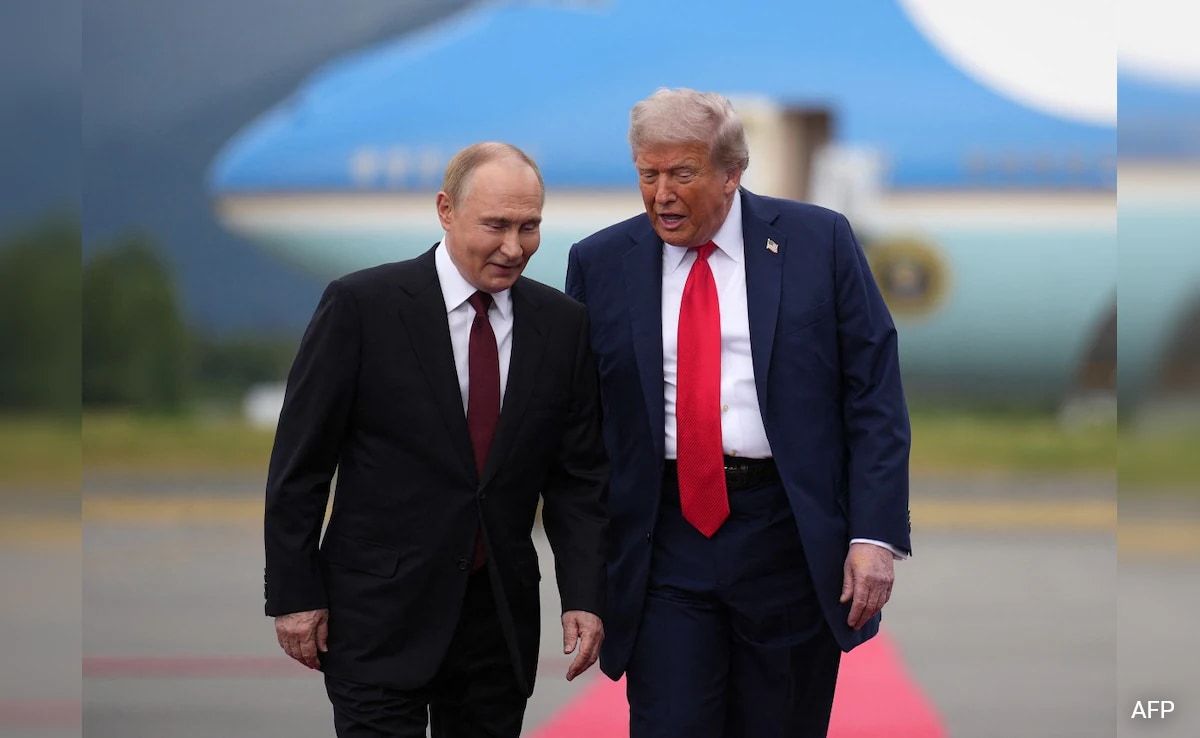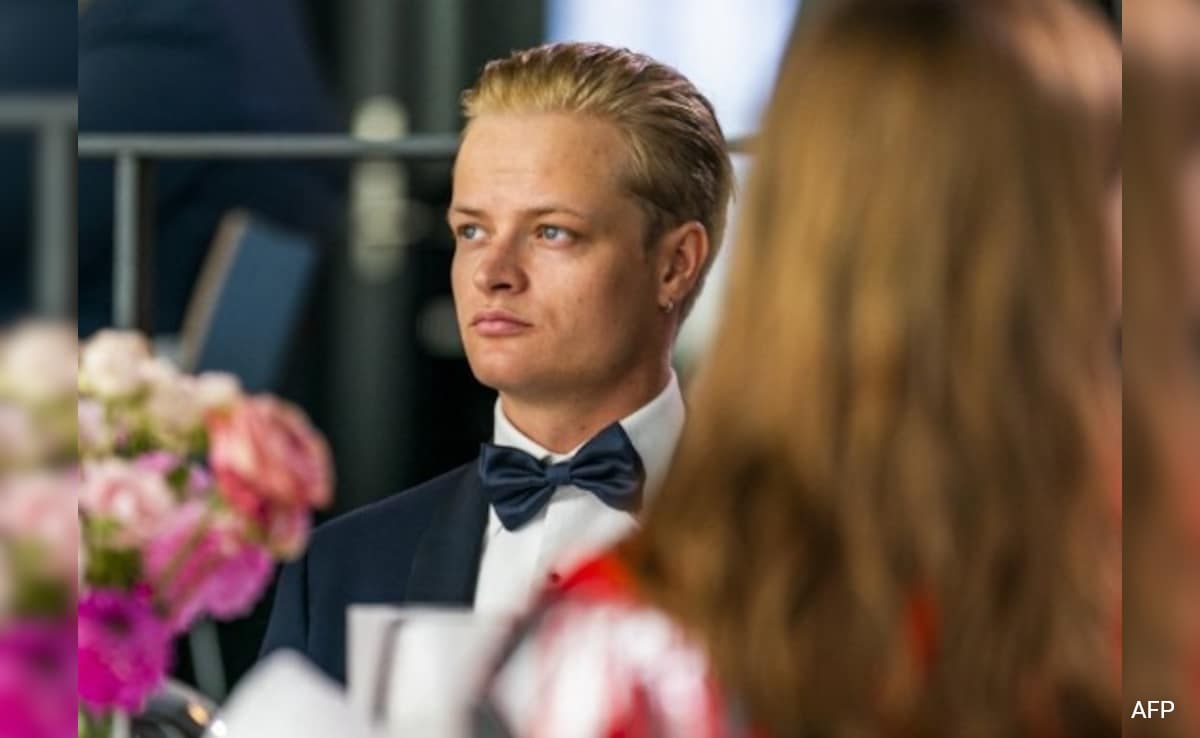In a statement on Twitter Thursday, Navalny said the Sakharov Prize âis not only an honor but also a great responsibility.â Navalny does not have access to his social media, but his family and lawyers visit him regularly in prison and post to his accounts.
âI am just one of those many who fight corruption because I consider it not only as the cause of poverty and degradation of states, but also as the main threat to human rights,â he said, adding that he dedicates the prize to âall kinds anti-corruption fighters around the world.â
âI wish them perseverance and courage even in the scariest of moments,â he said.
The European Parliamentâs Sakharov Prize for Freedom of Thought â named after Soviet physicist and political dissident Andrei Sakharov â was launched in 1988 to âhonor exceptional individuals and organizations defending human rights and fundamental freedoms,â according to the European Parliament. Previous winners have included Belarusian opposition figures, Nelson Mandela and Malala Yousafzai.
âHe has fought tirelessly against the corruption of Vladimir Putinâs regime. This cost him his liberty and nearly his life,â European Parliament President David Sassoli said in announcing the award to Navalny. âTodayâs prize recognizes his immense bravery and we reiterate our call for his immediate release.â
When asked about the prize being awarded for âimmense braveryâ on Thursday, Kremlin spokesman Dmitry Peskov said that âwith such decisions, the European Parliament probably considerably reduces the value of these words.â
The Kremlin finds that âsuch decisions are made by people who, letâs say, just donât have accurate information specifically on this episode and specifically on the story with this person â to be more precise, this convict,â he added.
Russian authorities have launched an unprecedented crackdown on the political movement Navalny has led since the late 2000s. He was known for the investigations of his Anti-Corruption Foundation, which have alleged extensive corruption among the political elite, including Putin.
Pundits had speculated that Navalny may have been in the running for the Nobel Peace Prize earlier this month, which instead went to Russian compatriot and newspaper editor Dmitry Muratov and the investigative journalist Maria Ressa of the Philippines. Navalny at the time congratulated both.
The choice of Navalny by the leaders of the European Parliament over the other nominees, which included a group of Afghan women and an imprisoned Bolivian politician, arenât likely to improve Europeâs relations with Russia.
NATO Secretary General Jens Stoltenberg noted on Wednesday that ties between the military alliance and Russia had hit a nadir.
âThe relationship between NATO and Russia is now at the lowest point since the end of the Cold War,â Stoltenberg told a news conference in Brussels. He called for more dialogue after Moscow shuttered its permanent mission to NATO earlier this month and suspended the allianceâs liaison office there.
Stoltenberg, however, welcomed the European Parliamentâs decision to award its top human rights prize to Navalny. âI think itâs an important recognition of the important role he has played for many years in supporting democratic values and being a strong voice in Russia,â Stoltenberg told reporters.
Constanze Stelzenmüller, a senior fellow at the Brookings Institution, agreed that relations between Europe and Russia were âworsening,â but said that Europe had âlimited options.â
âThere is a great deal of concern across Europe about the mistreatment of Russian civil society by the Kremlin,â Stelzenmüller told The Washington Post. âYou can read the prize as a signaling from the European Parliament that they take the plight of civil society in Russia very seriously,â she said.
But the European prize may have little real impact on Moscow, argues Jason Bush, a senior Russia analyst at the Eurasia Group political risk consultancy, since the Kremlin was âpretty used by now to Western criticism of their treatment of Navalny.â He added that sanctions had so far been âlightâ and inflicted little damage on Moscow.
âI donât think it will have big geopolitical implications,â Bush told The Post. âThe Russians will probably just shrug this off.â
Nonetheless the prize may be used by Russian media to serve as propaganda, he added, and as proof that âNavalny is a lackey of the West.â
In a summit with Putin in June, President Biden said he had raised Navalnyâs case with the leader. Biden has also previously warned Moscow that any poor treatment of Navalny would âhurt relations with the rest of the world, and me.â
Despite being barred from running for president against Putin â and from seeking any other office since 2013 when he was runner-up in the Moscow mayoral election â Navalny still has managed to pose a political threat to Putin and the powerful oligarch network that dominates the economy.
The prize carries an award of $58,000 and normally is presented at a ceremony on Dec. 15 in Strasbourg, France.
Khurshudyan reported from Moscow. Robyn Dixon in Moscow contributed to this report.
Read more:
.png)











 English (United States) ·
English (United States) ·  Turkish (Turkey) ·
Turkish (Turkey) ·